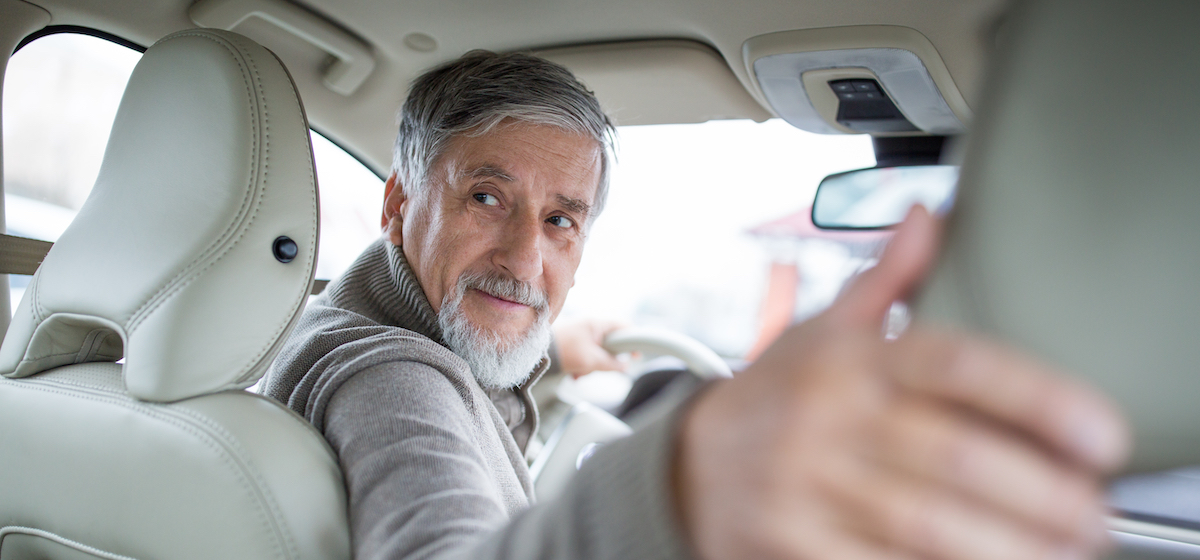Approaching the subject of giving up driving due to age can be difficult for all involved. While driving offers independence, it also requires alertness and the ability to problem solve. After all, you’re in charge of a moving vehicle that can seriously injure or kill yourself or those around you.
Whether you are thinking about your own licence or are concerned about a relative’s driving ability, Olivia Jones, writing for lawyers Leanne Warren and Associates, tells what you need to consider.
What the law says
Upper age limits for driving vary from state to state:
Queensland: Drivers over the age of 75 need a doctor to issue them with a medical certificate that states they are fit to drive. If they are stopped and don’t show the certificate, they could be fined. The certificate needs to be renewed every 13 months.
NSW: Drivers over the age of 75 must undergo a yearly medical assessment. From the age of 85, drivers must pass a practical driving test every year, in addition to their medical assessment.
Victoria: There is no set age or requirements for older drivers. However, if you develop a disability or medical condition, you may be asked to undergo a medical review to prove you are still fit to drive.
Western Australia: Drivers aged over 80 need to undergo a yearly medical assessment to renew their licence. At the age of 85, you need to pass a practical driving test if recommended by your doctor.
The practicalities of driving
Older drivers have decades of experience, but the trade-off is likely to be slower reaction times. Plus, our eyesight deteriorates as we get older and that can also affect the quality of our driving.
The problem is, no two people are the same. One 80-year-old could pass a test with flying colours and have an unblemished record; another could have had several accidents.
Ultimately, aside from age, it comes down to individual ability and confidence.
Having the conversation
It’s far easier to admit to yourself you need to hang up the keys, rather than have someone else try to tell you. Or worse still, wait until you get into a nasty accident as happened to then 97-year-old Prince Philip back in 2019.
What you need to factor in is not the benefits of driving but the reality of it. If you or someone else is not fit to drive for whatever reason (regardless of age), then they should not be on the road. Otherwise, they are a danger to all road users and pedestrians, not to mention themselves.
Some will naturally take it better than others, but that doesn’t mean you can avoid the conversation. Some may pass their medical review and driving test, but still not be fit to drive. That’s when an individual judgement call is essential.
To sum up
Some older people are excellent drivers well into their 80s and beyond, but that is not the case for everyone. Driving is demanding in many ways, and you need to be confident you can handle the pressure that comes with it.
While giving up driving is a blow to precious independence, it’s a far better alternative than causing a serious accident. Plus, it might be a huge relief to friends and family.
Olivia Jones writes on behalf of Leanne Warren and Associates, one of Melbourne’s largest specialist criminal law firms.
Have you had to wrestle with the prospect of giving up your driver’s licence? Was it or will it be a difficult decision?
If you enjoy our content, don’t keep it to yourself. Share our free eNews with your friends and encourage them to sign up.
Related articles:
https://www.yourlifechoices.com.au/lifestyle/surprising-uses-for-cornflour-outside-of-the-kitchen
https://www.yourlifechoices.com.au/lifestyle/pets-and-australians-who-owns-what
https://www.yourlifechoices.com.au/community/reader-enquiry-can-i-access-speed-camera-data

